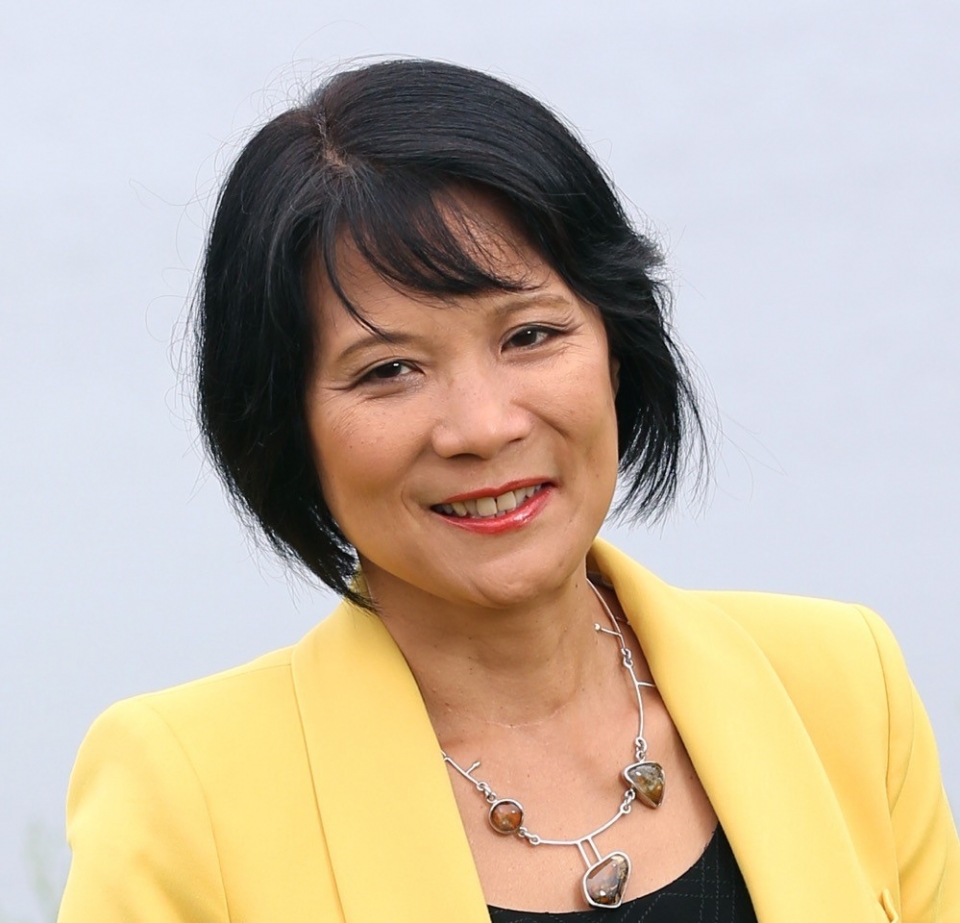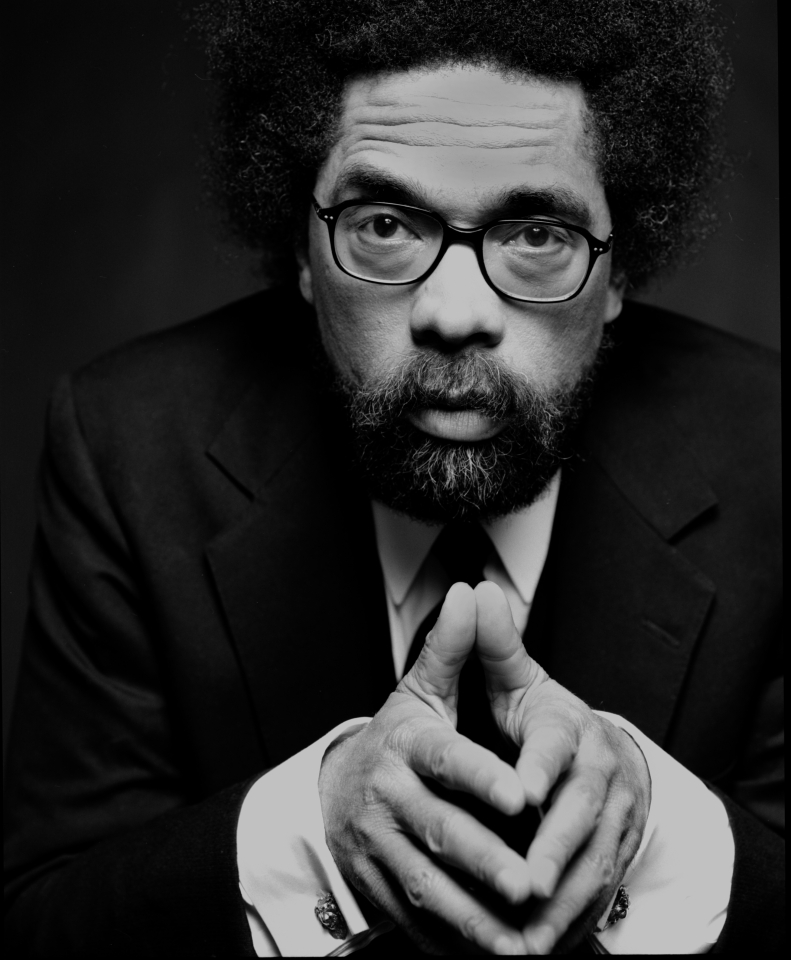The Congress of the Humanities and Social Sciences brings together leading thinkers, academics, researchers, policy-makers and innovators to explore some of the world’s most challenging issues. Congress celebrates the vitality and quality of Canadian research contributions, and helps train the next generation of Canadian ideas leadership. This year’s theme “The Next 150, on Indigenous Lands" celebrates the history, legacy and achievements of the peoples and territories that make us who we are, and anticipates the boundless opportunities of the future. Organized by the Federation for the Humanities and Social Sciences, this year’s Congress is being hosted by Ryerson University in Toronto from May 27-June 2. Follow this series of Big Picture at #congressh blogs.
Homophobic slurs in the NHL.
Academic and press freedoms curtailed by imprisoning dissenters.
National debates about washrooms for transgendered people.
Rising suspicion of Muslim people.
Refugee mothers trying to help their children go to school in Ontario.
The media’s portrayal of Indigenous women as victims.
These are the kinds of events, actions, issues and trends that are fueling current – and much needed –debate in our country around equity, diversity, gender, and race.
Congress researchers and presenters know that understanding people, cultures, institutions and social relations helps to build an inclusive and prosperous society. We know that research evidence from all perspectives provides the best outcomes when it comes to shifting policy or shaping our national identity. That is why you can expect to find a wide array of lectures and presentations examining many of these critical issues of today.
What’s on: 3 sessions to look for
Big Thinking
Five hundred years of building diversity: Canadian citizenship at the future’s edge.
You won’t want to miss this session with Olivia Chow, John Raulston Saul and Niigaanwewidam James Sinclair who will explore topics related to diversity, citizenship, inclusion — and exclusion — in Canada. Expect a thoughtful presentation that explores the following:
- Is Canada built on the ideals of inclusion, diversity and full citizenship?
- Where did these ideals come from, are we living up to them, and where are they going?
- What will community and Canadian citizenship mean in the new millennium and what must we do to reach these ideals?
Exploring Open Borders
The topic of citizenship and diversity will be further explored in Open Borders, Open Minds: Academia in an age of growing isolationism. Here, leading academics will discuss the role of the humanities and social sciences in addressing the implications of closing borders for scholarship, teaching and democracy. It’s an issue particularly important these days with current debates around closing borders and restricting movements of some populations. Also during this session, expect comments from Ryerson President Mohamed Lachemi and the Federation for the Humanities and Social Sciences President Stephen Toope.
On the Subject of Race and Democracy
Important discussions around diversity and race continue with An Evening with Cornel West. Dr. West, known for his passion, humility, grace and humour, is one of America’s most outspoken critics on race, poverty and democracy. Many know Dr. West through his books, Race Matters and Democracy Matters. Expect a thought-provoking session led by this civil rights activist who is committed to keeping alive the legacy of Martin Luther King, Jr, as he explores topics of race and justice which are at the core of the Congress 2017 theme: Canada and “The Next 150, On Indigenous Lands.”


